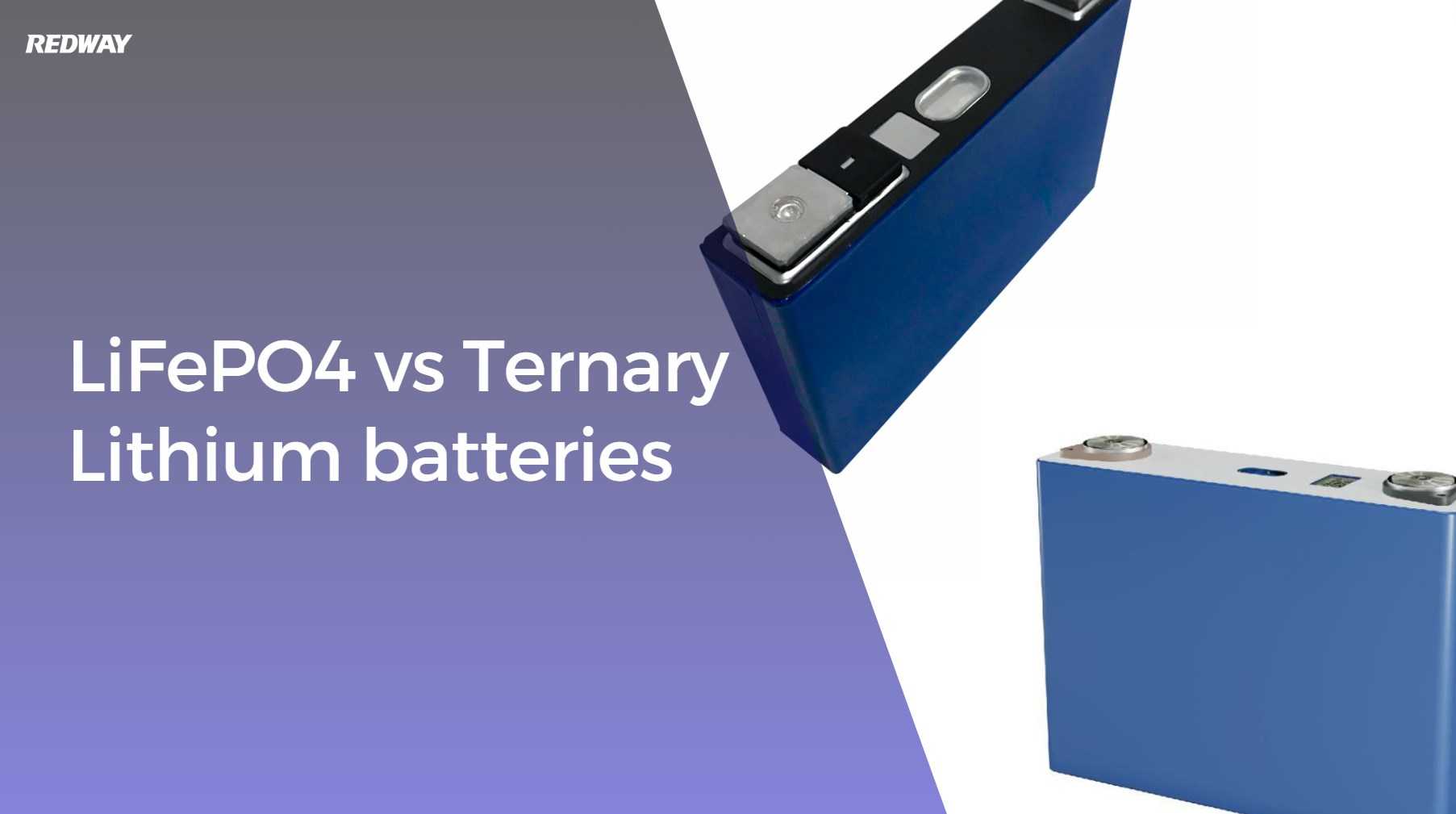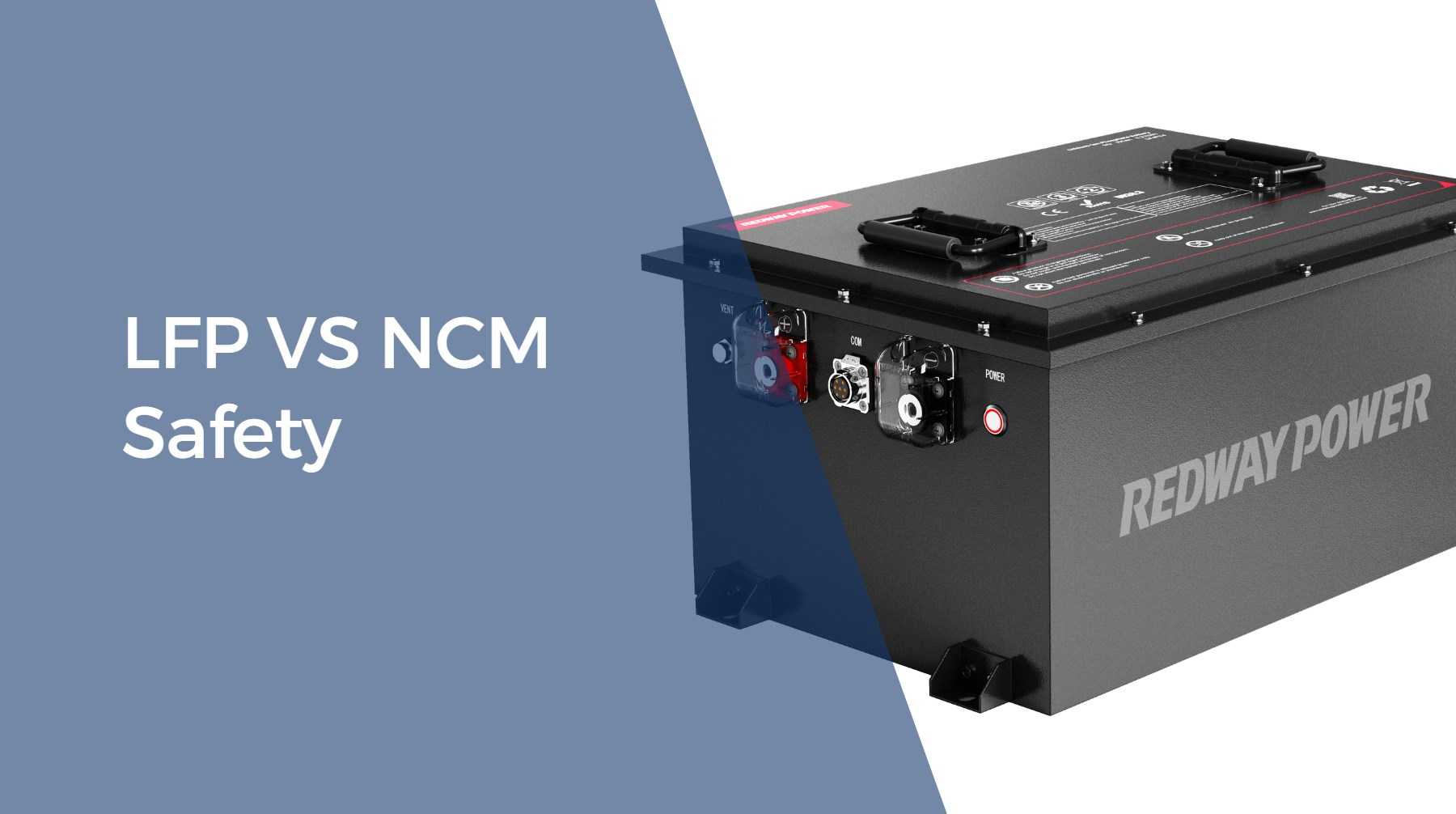In the realm of rechargeable battery technology, Lithium Iron Phosphate (LiFePO4) and Ternary Lithium batteries represent two of the most prominent chemistries. Each has its unique characteristics, advantages, and applications, making them suitable for different energy storage needs. In this comprehensive comparison, we will delve into the key differences between LiFePO4 and Ternary Lithium batteries, exploring their performance, safety, lifespan, and ideal use cases.
Understanding the Chemistry
1. Lithium Iron Phosphate (LiFePO4)
LiFePO4 batteries utilize lithium iron phosphate as the cathode material. This chemistry is known for its stability and safety features.
Wholesale lithium golf cart batteries with 10-year life? Check here.
-
Chemical Composition: The chemical formula is LiFePO4, where lithium ions intercalate into the iron phosphate structure during charging and discharging.
-
Structure: The stable crystal structure contributes to its thermal stability and safety.
2. Ternary Lithium Batteries
Ternary Lithium batteries typically use a combination of nickel, cobalt, and manganese (NCM or NCA) as cathode materials.
Want OEM lithium forklift batteries at wholesale prices? Check here.
- Chemical Composition: Common formulations include NCM (nickel-cobalt-manganese) or NCA (nickel-cobalt-aluminum).
- Energy Density: Ternary lithium batteries generally offer higher energy densities compared to LiFePO4.
Performance Comparison
1. Energy Density
-
LiFePO4: Typically has an energy density ranging from 90 to 160 Wh/kg. While sufficient for many applications, it is lower than that of ternary lithium batteries.
-
Ternary Lithium: Offers a higher energy density, usually in the range of 150 to 250 Wh/kg, making it more suitable for applications where space and weight are critical factors.
2. Discharge Rates
- LiFePO4: Known for excellent discharge rates, it can handle high current loads without significant voltage drop. This makes it ideal for applications requiring sustained power output.
- Ternary Lithium: While also capable of high discharge rates, it may not perform as well under extreme conditions compared to LiFePO4.
Safety and Stability
1. Thermal Stability
-
LiFePO4: One of the safest lithium-ion chemistries available, LiFePO4 batteries have a high thermal stability. They are less prone to overheating or thermal runaway, making them suitable for applications where safety is paramount.
-
Ternary Lithium: Although modern advancements have improved their safety features, ternary lithium batteries are generally more susceptible to overheating and thermal runaway compared to LiFePO4.
2. Cycle Life
- LiFePO4: Offers an impressive cycle life of approximately 3,000 to 5,000 cycles, depending on usage patterns. This longevity makes them cost-effective over time.
- Ternary Lithium: Typically has a shorter cycle life of around 1,500 to 2,500 cycles, which can be a drawback in applications requiring frequent charging and discharging.
Cost Considerations
1. Initial Cost
-
LiFePO4: Generally has a lower initial cost compared to ternary lithium batteries. This makes them an attractive option for budget-conscious consumers or businesses.
-
Ternary Lithium: Higher initial costs due to the use of cobalt and nickel in their composition can make these batteries less appealing for some applications.
2. Total Cost of Ownership
- Despite the higher initial cost of ternary lithium batteries, their longer energy density can lead to lower operational costs in specific high-performance applications. However, when considering cycle life and longevity, LiFePO4 often proves more cost-effective in the long run.
Applications of Each Battery Type
1. Applications for LiFePO4 Batteries
-
Electric Vehicles (EVs): Due to their safety features and long cycle life.
-
Solar Energy Storage: Ideal for residential solar systems where safety and longevity are priorities.
-
Power Tools: Used in tools requiring high discharge rates without overheating.
2. Applications for Ternary Lithium Batteries
- Consumer Electronics: Commonly found in smartphones and laptops due to their high energy density.
- Electric Vehicles (High Performance): Used in performance-oriented electric vehicles where weight and space are critical.
- Drones and Robotics: Suitable for applications needing lightweight solutions with high energy output.
Data Chart: Comparison of LiFePO4 vs Ternary Lithium Batteries
| Feature | Lithium Iron Phosphate (LiFePO4) | Ternary Lithium Batteries |
|---|---|---|
| Energy Density | 90 – 160 Wh/kg | 150 – 250 Wh/kg |
| Cycle Life | 3,000 – 5,000 cycles | 1,500 – 2,500 cycles |
| Thermal Stability | Excellent | Moderate |
| Cost | Lower initial cost | Higher initial cost |
| Typical Applications | EVs, solar storage | Consumer electronics, EVs |
FAQs About LiFePO4 vs Ternary Lithium Batteries
Which battery type is safer?
LiFePO4 batteries are generally considered safer due to their thermal stability and lower risk of thermal runaway.
Can I use LiFePO4 batteries in high-drain applications?
Yes, LiFePO4 batteries excel in high-drain applications due to their excellent discharge rates.
Are ternary lithium batteries worth the investment?
If your application requires high energy density and weight savings—such as in consumer electronics—ternary lithium batteries may be worth the investment despite their higher cost.
Latest News on Battery Technology
Recent advancements in battery technology continue to focus on improving efficiency and sustainability:
- Researchers are exploring new chemistries that promise higher energy densities while maintaining safety standards.
- Innovations in battery recycling processes aim to recover valuable materials from used lithium batteries, contributing to environmental sustainability efforts.
Conclusion
In summary, both Lithium Iron Phosphate (LiFePO4) batteries and Ternary Lithium batteries have distinct advantages that make them suitable for various applications. By understanding their differences in terms of performance, safety, lifespan, and cost considerations, users can make informed decisions tailored to their specific needs. Whether you prioritize safety with LiFePO4 or require high energy density with Ternary Lithium technology, both options provide compelling benefits in today’s energy landscape.For customized lithium solutions tailored specifically to your needs—whether for automotive applications or renewable energy systems—contact Redway Battery today for a quick quote!







